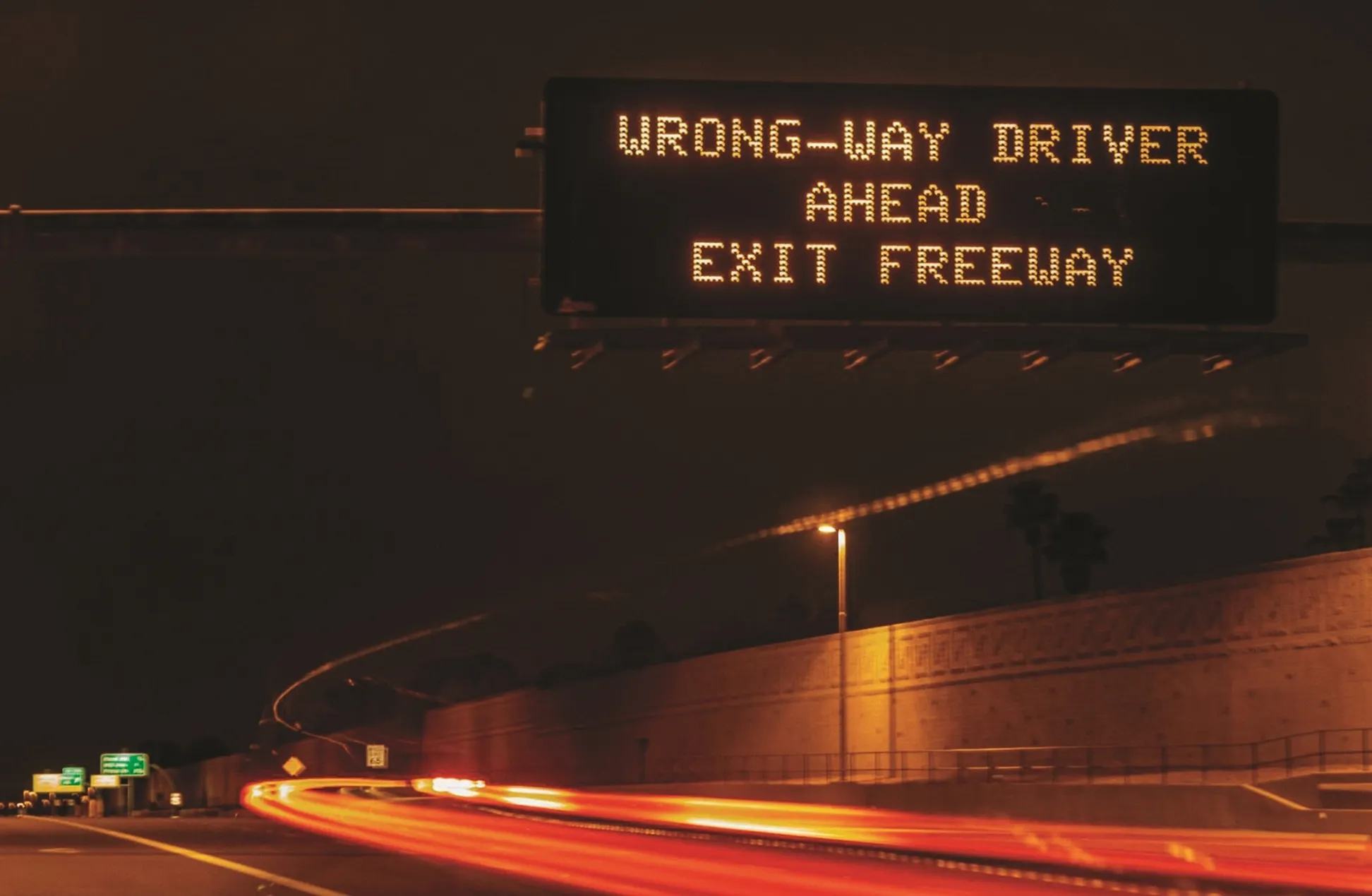Almost 1,000 highway deaths in Illinois in 2013 and some of the worst interstate traffic congestion in the country has prompted the state to launch a US$45 million trial to investigate whether a blend of technologies can make smarter highways which are safer for drivers and less prone to congestion.
Traffic engineers are focusing initially on the Edens Expressway and the northern stretch of US Highway 41 and will begin incorporating a mix of existing and new technology during the next two years, an under
February 11, 2014
Read time: 2 mins
Almost 1,000 highway deaths in Illinois in 2013 and some of the worst interstate traffic congestion in the country has prompted the state to launch a US$45 million trial to investigate whether a blend of technologies can make smarter highways which are safer for drivers and less prone to congestion.
Traffic engineers are focusing initially on the Edens Expressway and the northern stretch of US Highway 41 and will begin incorporating a mix of existing and new technology during the next two years, an undertaking that could spread to the entire Chicago-area expressway system.
The technology to be trialled includes travel-time estimates using motorists' Bluetooth devices, bus-on-shoulder service during rush hour and traffic cameras along every interchange Radar devices to detect wrong-way drivers are also to be trialled; these will alert the driver and other motorists via flashing red lights and also feed information to Illinois DOT (IDOT) and the state police.
To improve traffic flow along US 41, Bluetooth receivers would be installed along a 25-mile section of the highway. These pick up signals from Bluetooth-enabled devices in passing vehicles and enable traffic engineers to estimate the time taken to travel between various points and determine average travel times.
"We are trying to fix a lot of problems with very cost-efficient solutions that can be introduced relatively soon," IDOT secretary Ann Schneider said.
The various projects are in the preliminary engineering stage and construction will be carried out in phases, probably starting in two years. Schneider says she is hoping to accelerate the schedule. Projects would be extended over time to other expressways in the area.
Traffic engineers are focusing initially on the Edens Expressway and the northern stretch of US Highway 41 and will begin incorporating a mix of existing and new technology during the next two years, an undertaking that could spread to the entire Chicago-area expressway system.
The technology to be trialled includes travel-time estimates using motorists' Bluetooth devices, bus-on-shoulder service during rush hour and traffic cameras along every interchange Radar devices to detect wrong-way drivers are also to be trialled; these will alert the driver and other motorists via flashing red lights and also feed information to Illinois DOT (IDOT) and the state police.
To improve traffic flow along US 41, Bluetooth receivers would be installed along a 25-mile section of the highway. These pick up signals from Bluetooth-enabled devices in passing vehicles and enable traffic engineers to estimate the time taken to travel between various points and determine average travel times.
"We are trying to fix a lot of problems with very cost-efficient solutions that can be introduced relatively soon," IDOT secretary Ann Schneider said.
The various projects are in the preliminary engineering stage and construction will be carried out in phases, probably starting in two years. Schneider says she is hoping to accelerate the schedule. Projects would be extended over time to other expressways in the area.








